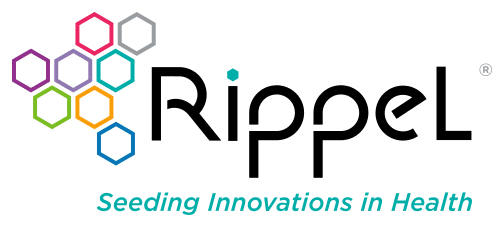Who are stewards?
Stewards are people or organizations who work with others to create conditions that all people need to thrive, beginning with those who are struggling and suffering. Stewards have or want to develop an equity orientation in regard to purpose, power, and wealth.
Stewards understand that:
- Purpose must be larger than oneself and one’s organization
- Power must be built and distributed with others, not consolidated
- Wealth must be invested, not withheld, to create long-term value as well as address short-term urgent needs
Stewardship is not a new phenomenon. Stewards have always existed and played a critical role in society. But the past few decades have seen an increase in recognition of stewards’ importance and the critical role they play in creating positive system change.
The Rippel Foundation’s ReThink Health initiative works alongside stewards to help them influence how regional decisions are made and how resources are spent, to shift systems in ways that produce equitable health and well-being.












